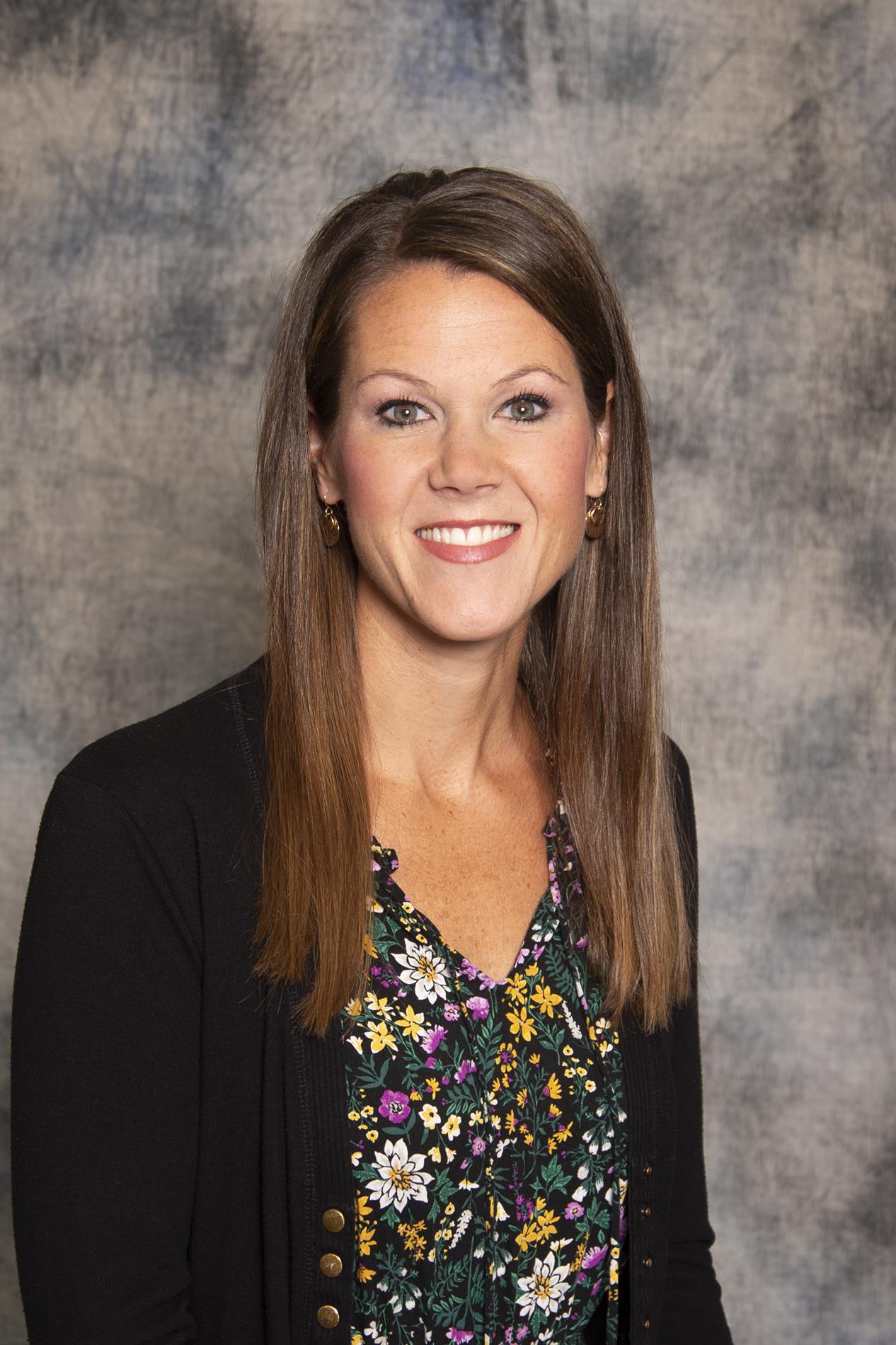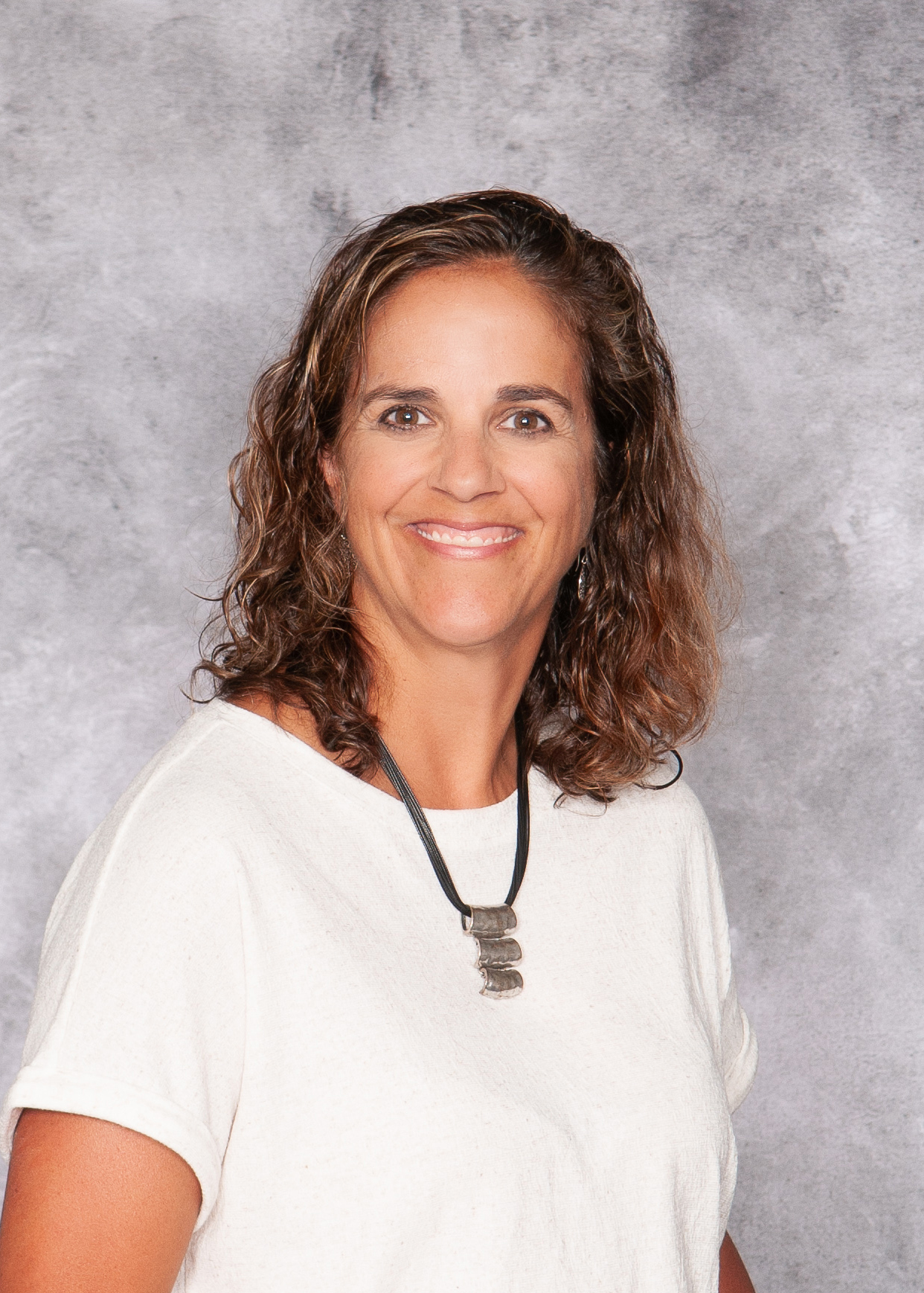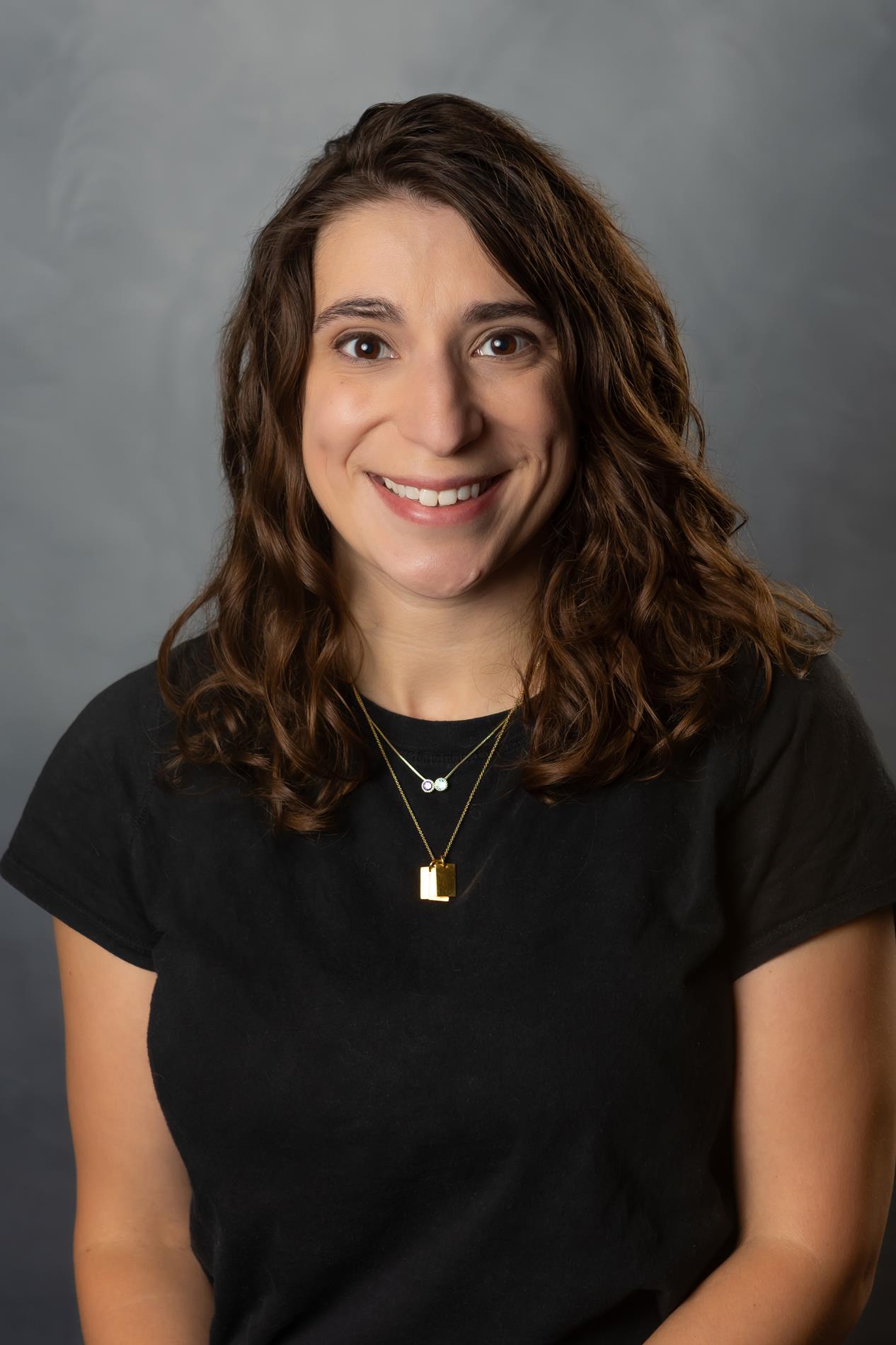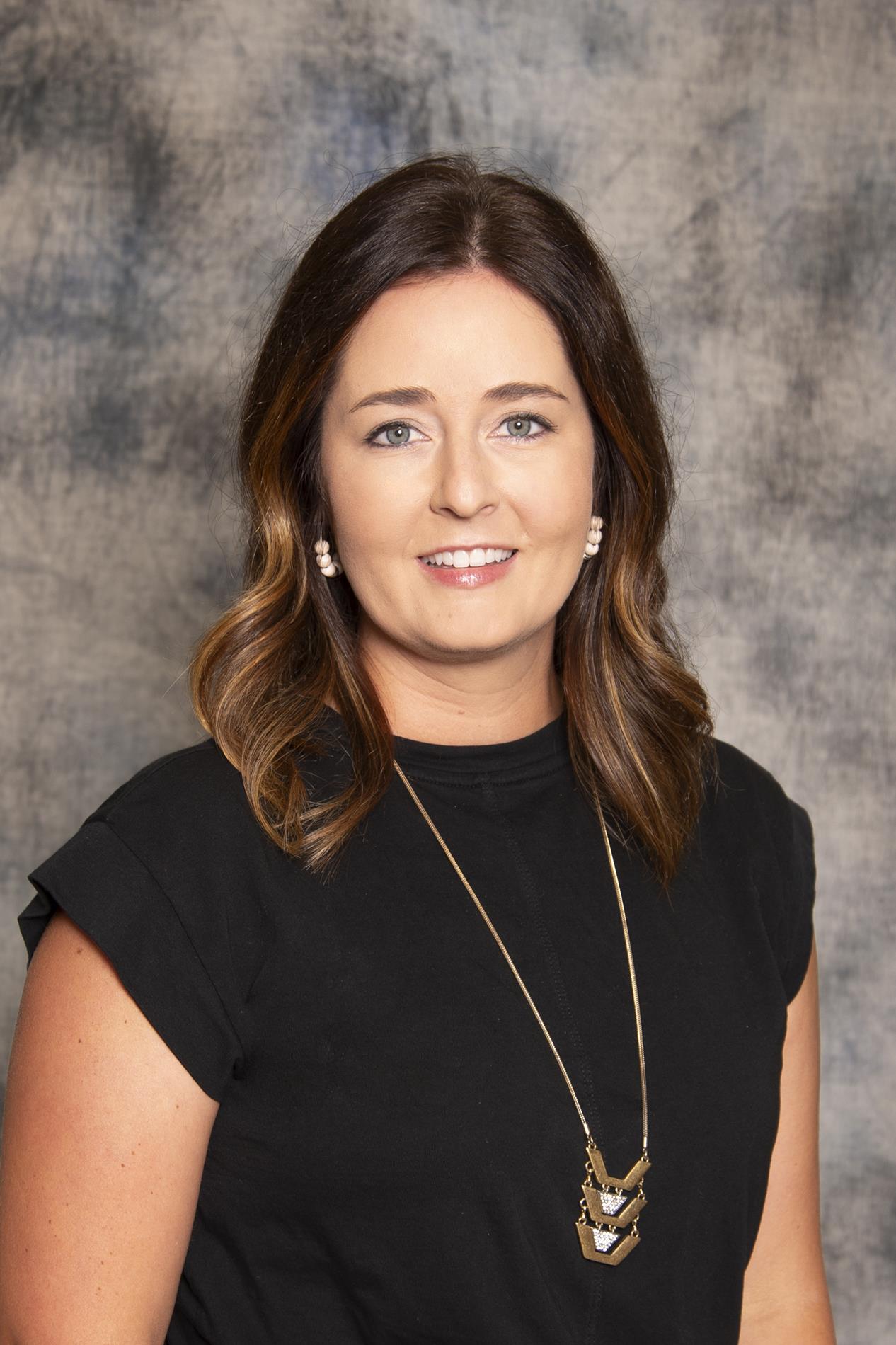School Psychologists
School Psychologists apply their specialized skills in the school setting, and they must be well acquainted with the functions, methods and problems of the schools. School psychologists' training includes:
- A bachelor's degree (usually in psychology or education)
- A minimum of a Specialist-level degree (60 graduate semester credits), which includes a 1200 hour internship in the field for direct experience
- School psychologists may also obtain their Doctorate in School Psychology
School psychologists are certified by the State of Nebraska Department of Education and granted a Special Services Certificate with an endorsement in School Psychology. Their unique training in both education and psychology helps them to understand the child as an individual and environmental influences on the child, enabling them to work closely with both the school and the home in determining and meeting the needs of each child. School psychologists view both the school and the home as important environments affecting the growth, development, and behavior of children. School psychologists work with individual students, as well as groups of students, and also take on a consultative role in working closely with teachers who will then impact many students.
School psychologists focus on both prevention and intervention and also evaluate academic skills, mental health status, social skills, and overall learning environments. Another key role is research and using evidence-based intervention strategies to improve the performance of individual students, groups of students, or the school as a whole.

Lane Deines
Friend, Exeter-Milligan, Wilber-Clatonia

Cassie Ginapp
Heartland, Milford

Leanne Josoff
Dorchester, McCool Junction

Nicole Layher
Fillmore Central, Malcolm

Holli Lovegrove
Shickley
